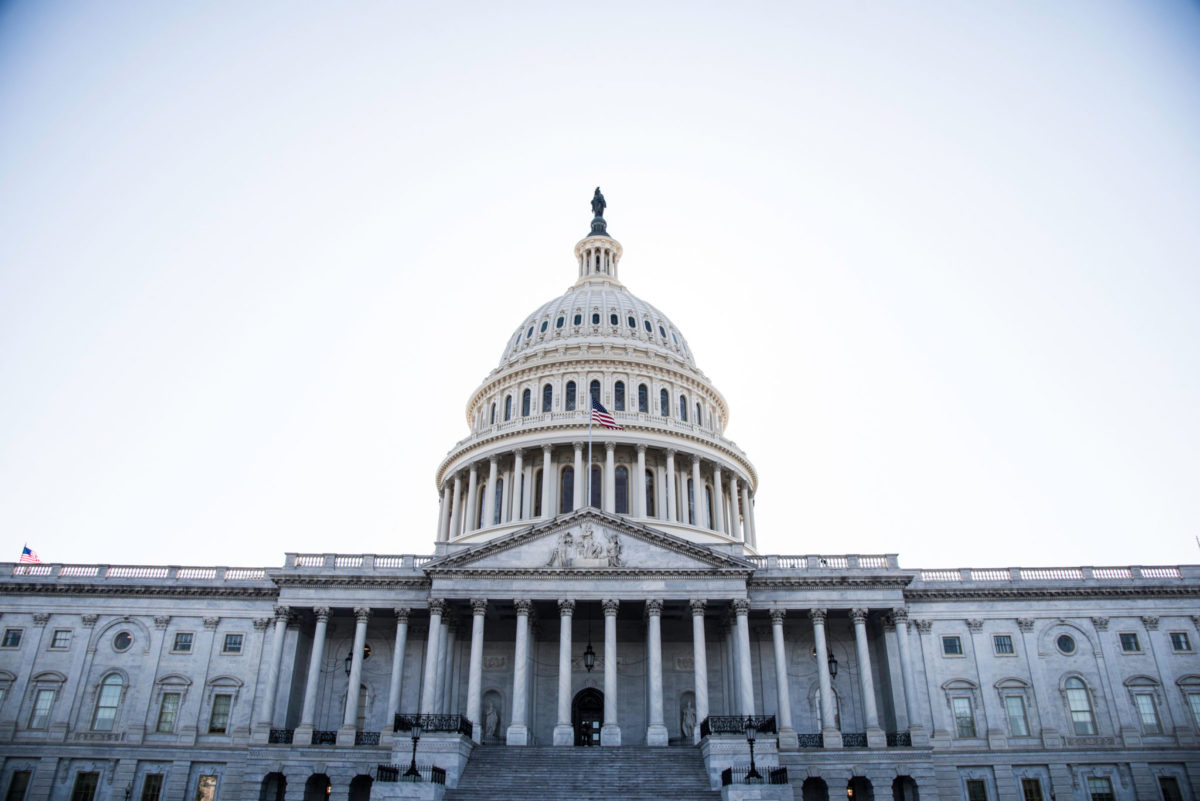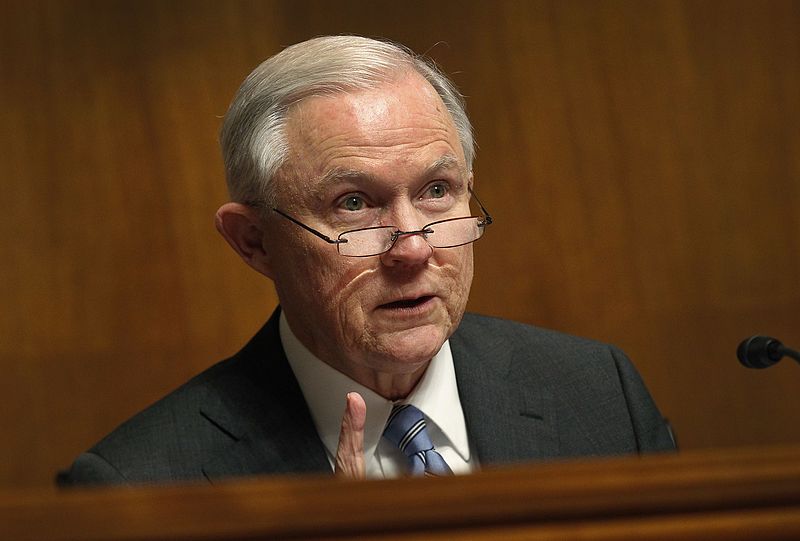News Alert! Omnibus Update: Medical cannabis businesses protected through September 30

by Michelle Rutter, NCIA Government Relations Manager
After years of continuing resolutions and many rounds of negotiations, Congress reached a budget deal and passed a new omnibus spending package that funds the government through the remainder of FY2018, which ends on September 30.
This new spending bill does include the Leahy amendment (formerly the Rohrabacher-Farr amendment), which prohibits the Department of Justice from using tax dollars to enforce federal law against state-legal medical cannabis patients and businesses. Following the rescission of the Cole Memo in January by Attorney General Jeff Sessions, NCIA and our allies in Washington, DC pushed even harder to ensure that this language, which has been included in federal appropriations bills since 2014, was included in the spending package for the remainder of FY2018. In addition to language protecting state-legal medical cannabis programs, the omnibus bill unfortunately also included a provision that continues to block Washington, DC from taxing and regulating adult-use cannabis, despite the fact that voters approved the legalization measure nearly four years ago.
In normal budget cycles, Congress passes a fiscal year budget that goes from October 1 until September 30. But in these extraordinarily partisan times, Congress has been unable to agree on an annual budget and has patched together short-term funding bills called Continuing Resolutions (CR’s), which maintains current funding levels. Since just last September, there have been five such short-term CR’s. All of these CR’s have included the Rohrabacher-Farr (now Rohrabacher-Blumenauer in the House and the Leahy amendment in the Senate) amendment which protects medical cannabis businesses, programs, and patients in states where it’s legal. The last of these continuing resolutions is set to expire on Friday, March 23rd. The new omnibus spending bill will continue to fund the government through the remainder of FY2018, which ends on September 30, 2018.
The congressional appropriations process for FY2019 is already underway. While we have achieved a victory in extending medical cannabis protections, there’s much more work to be done. NCIA is lobbying not only to continue the medical cannabis protections, but to also expand protections to protect all legal cannabis businesses from federal interference, including adult-use businesses operating in the eight states with such programs. We are also working to pass a cannabis banking amendment, as well as an amendment that would protect veterans who choose to participate in state-legal cannabis programs. In addition to all of these appropriations amendments, NCIA is still working to pass legislation that would solve the cannabis banking problem, amend IRC Section 280E, and, ultimately, end cannabis prohibition.
You can get involved and make your mark on Congress by registering for NCIA’s 8th Annual Cannabis Industry Lobby Days in May.

Department of Justice Rescinds Cole Memo: Here’s what to expect

This morning, Attorney General Jeff Sessions announced the Department of Justice’s move to rescind the “Cole Memo” and two additional memos related to marijuana enforcement policy. These memos, issued in 2013 and 2014, have helped to clarify the Department’s response to state-legal cannabis activity.
This is disturbing news for the cannabis industry and the majority of U.S. voters who support legal cannabis. However, the rescinding of this memo does not necessarily mean that any major change in enforcement policy is on the horizon. This has been, and still will be, a matter of prosecutorial discretion.
NCIA’s team in D.C. is working tirelessly to ensure that the administration and the Department of Justice uphold President Trump’s campaign promise to not interfere with state-legal cannabis programs by making sure they understand that regulated cannabis is successfully undercutting the criminal market, while funding important state programs.
At this time, it’s critical the cannabis industry unify to amplify that message so it’s crystal clear. It’s also imperative that Congress take action to align federal legislation with the majority of states, which now allow some form of legal cannabis.
One pressing issue before Congress is Senator Leahy’s appropriations amendment which would prevent the DOJ from using resources to undermine state medical cannabis laws. (The Senate’s version of the Rohrabacher-Blumenauer Amendment in the House.)
Please call your U.S. Senators today and urge them to include the Leahy Amendment in the upcoming Omnibus Appropriations Bill.
Talking points to help guide your call are included on our online action page.
To learn more about NCIA’s advocacy efforts or the NCIA-PAC, please contact NCIA Government Relations Manager, Michelle Rutter by emailing Michelle@thecannabisindustry.org.
And, of course, if your business is not yet a member of NCIA, please join today so that we have the resources we need to prevent any rollback of the progress we’ve made in recent years.
NCIA’s official statement in response to today’s Department of Justice announcement.
Call your Senator to Support the Leahy Amendment
To find and contact your Senator, click here.
Talking Points
- I’m calling today to ask for your Senator’s support of the Leahy amendment to the appropriations bill. This amendment protects medical cannabis businesses and patients in states where it’s legal. It does this by barring the Department of Justice from using its funds to interfere with state legal medical cannabis programs.
- This provision has been included in federal law since 2014, and will continue to be in effect until December 8th, 2017 when the current funding bill runs out.
- 46 states have legalized some form of cannabis. Additionally, over 90% of individuals believe medical cannabis should be legalized and 73% do not support federal law enforcement actions that undermine state marijuana laws.
- The cannabis industry supports tens of thousands of jobs, tens of millions in tax revenue, and billions in economic activity in the United States.
- Thanks for taking my call, I appreciate you listening to my concerns.



